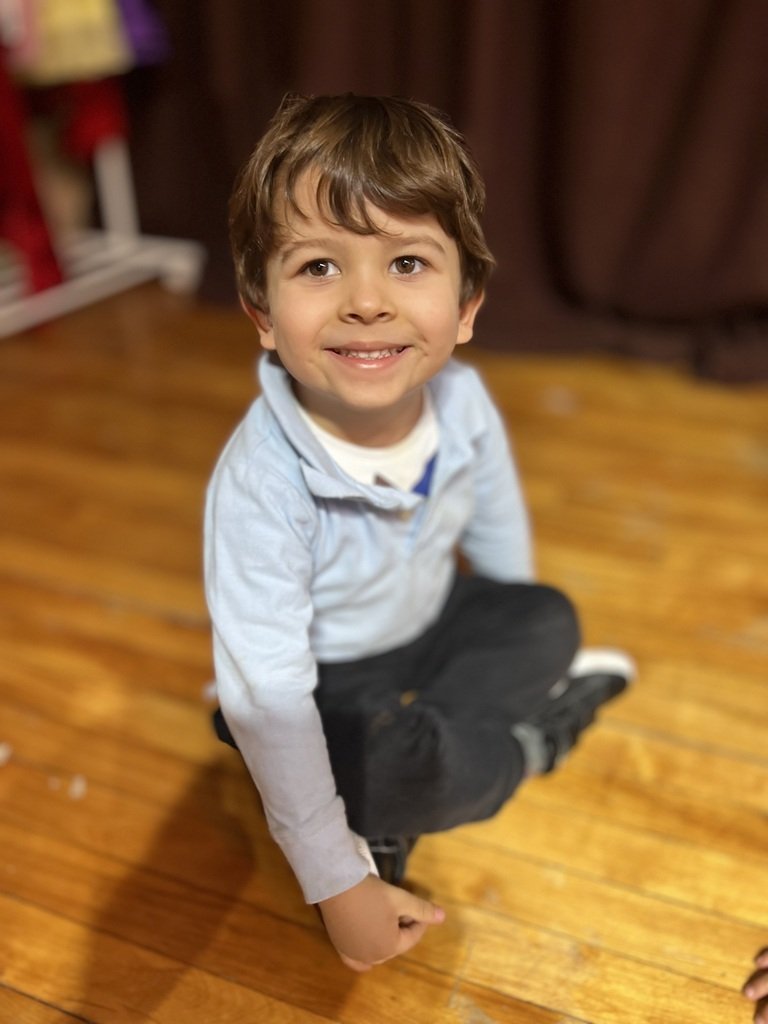We've opened up spots to book in-person tours!
Blog
What Should be the Result of a Proper Education?
How do we bring our children up to survive – and thrive – in today’s chaotic world? Clearly, everyone agrees that education is a key component, but what shape should education take to bring about what we all desire for our children?
We want them to be successful and happy. But how can a proper education help to achieve this goal? And what should be the end result of a proper education?

The world is changing at an ever-accelerating pace. Twenty years ago, cell phones were primarily for business use; today, it seems that every kid on the block carries around a powerful computer disguised as a phone. Technology is changing so fast that it is almost impossible to keep up.
We live in an information age, or is it better described as a “too-much-information-age”? We are inundated with information at every turn – much of it conflicting and contradictory. How do we sift through this and determine what is true and what may be misleading?
And how do we prepare the child for the changes we know he or she will inevitably face and the challenges these will present?
Our role as teachers becomes easier to understand when we can identify and clarify exactly what we are trying to do with education and how we can prepare the children for the future.
Children need stability and security in which to grow. That is why a happy and stable family setting is so important for the emotional development of the child. (We often see this at Alive Montessori when a child takes some time to adjust to a new school environment.) Rapid change can be overwhelming, but one thing we can be certain is that changes will continue throughout the child’s life as he or she grows up.
Correctly done, education gives the child the basic knowledge and skills they will need in life – and the skills to deal with adversity and change. This starts with a heavy emphasis on reading, writing and math, as these are the foundations upon which all other learning is built. However, these Basics need to be taught properly with a step-by-step, gradual approach that enables the child to feel a sense of achievement at each stage. Just as a stable, loving home will allow them to develop emotionally, so will a rock-solid base of reading, writing and math allow them to develop intellectually.
With a solid foundation of the Basics, the next step is to teach the child how to study properly – not so they can pass a test – but so they can understand and apply what they have learned. We are educating, not indoctrinating. We don’t want our students just to be able to parrot a bunch of facts – real knowledge is certainty. We want them to be certain about what they know and how they can use it – but also to be aware enough of what they don’t know, and to have the study skills and curiosity to find out for themselves.
It is this that will give students the self confidence – built upon real knowledge and real accomplishment – that they can think for themselves. An education based on these ideas will do more than anything else to protect our children from false information, group think, and propaganda, and to prepare them for change.
To answer the question we asked at the beginning: probably there can never be an end goal of education, as every person will need to become a life-long learner to cope with the changes that are coming. However, maybe we can narrow our terms and look for an end goal of schooling.
If a student can maintain his inquisitiveness and interest and has the desire, skills and confidence to learn anything easily, and then is able to apply what he has learned, perhaps that should be the end of schooling for him. He is then in a position to continue his education on his own terms and towards his own goals, whether in higher education or his chosen profession.
Life can sometimes be hard and is very often not fair, and change can certainly be difficult. But if our kids know that hard work and education can overcome the obstacles they may face, they will have a tremendous advantage. In fact, their success and happiness are dependent on how well they can do so.
